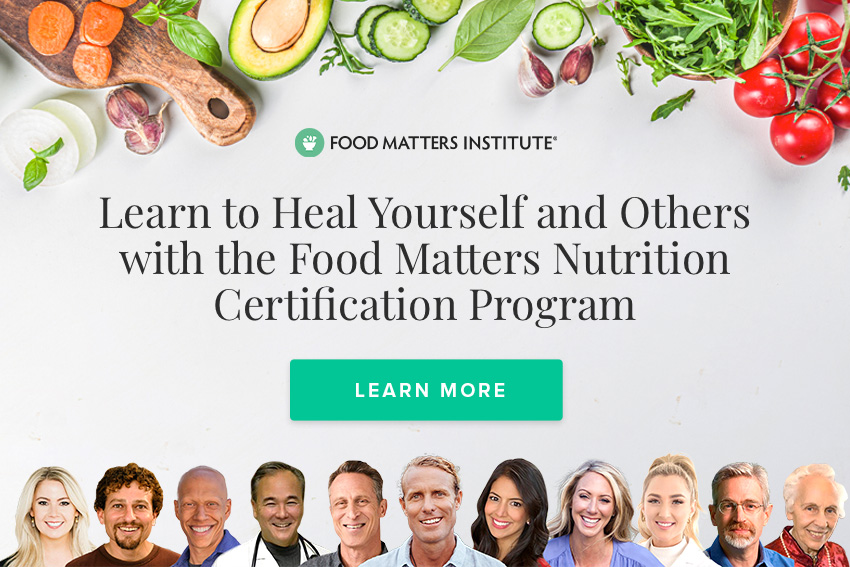Top 5 Sources of Plant Protein
Good quality sources of protein are widely available, and many of them come from outside of the animal kingdom. It's time to identify the top sources of highly-digestible plant protein with the most benefits for your health.

1. Spirulina & Chlorella
Spirulina, Chlorella and the algae family is garnering more and more attention as a superlative superfood that delivers a wide array of nutrients and helps rid our body of heavy metals. What many people don't know is that it is an exceptional source of vegan protein.
Chlorella alone is commonly cited as 58 percent protein (and at times, up to 75 percent) with a balance of important amino acids, including all the essential ones the body can't manufacture. When you combine this with an abundance of enzymes, probiotics, and phytonutrients, chlorella becomes a high-quality protein source that is easily digestible as well.

2. Hemp
Hemp has no shortage of health benefits, including being the perfect ratio of omega-6 to omega-3 (3:1), the most abundant source of EFAs (essential fatty acids), and a rich source of phytonutrients, antioxidants, and plant sterols.
Hemp is up to 47 percent protein, and contains 20 amino acids; including the 9 essential amino acids our body cannot produce, making it one of the few plant-based complete protein sources.

3. Bee Pollen
Bee pollen is not a well-known food, but that doesn't mean it is not powerful. It is considered one of nature's most complete and balanced foods, with a rich source of vitamins, minerals, amino acids, hormones, enzymes and fats, as well as significant quantities of natural antibiotics.
Bee pollen is between 25 to 40 percent protein, and contains 22 amino acids which have five to seven times the amino acids found in equal weights of beef, milk, eggs, or cheese. Factor that in with the incredible enzyme content of bee pollen, and you have a highly digestible form of a complete plant protein.

4. Chia
Chia is an ancient fuel source used for centuries by some of the healthiest people. These seeds are an incredible source of omega-3 fatty acids, antioxidants, fiber, calcium, magnesium, and potassium.
Chia is 21 percent protein and contains all the essential amino acids in proper ratios, so it is considered a complete protein. When soaked, they absorb 10 times their weight in water which helps hydrate the colon and move toxins out of the gut. This create a healthy digestive system that absorbs nutrients, including protein, more effectively.
Chia can be used in no grain cereals, smoothies, baked goods, and simply eaten on their own as pudding (once soaked, they will have that type of consistency).

5. Quinoa
Quinoa is a seed grown native to South America. It was seen as a sacred food to the Incas, and is a great source of manganese, magnesium, phosphorous, iron, copper, zinc, and vitamin B-6 and B-9.
Quinoa is 14 percent protein and contains all the essential amino acids, making it a complete protein. It also has prebiotic properties which helps feed the beneficial bacteria in your digestive tract, making it easy to digest.
You can use quinoa in many different ways, most notably as a substitute for other grains such as rice. It also makes a great breakfast as an alternative to cereal or oatmeal, and can be used in many baked goods as well.
It can be difficult to get past the mindset that protein needs to come from animal sources. However, you can now see that vegan sources of protein are not only comparable, but superior in most cases.
How Do You Ensure You Get The Highest Quality Protein?
Looking For A Whole-food, Plant-based Protein Blend Without The Hidden Nasties?
Most protein blends are highly processed and full of toxins leaving you with a denatured protein, that is harmful to your body. This is why we created a clean, energising & delicious plant based blend! Take a look here.
Do you have a passion for nutrition & natural healing?. Learn more about the Food Matters Nutrition Certification Program here.









